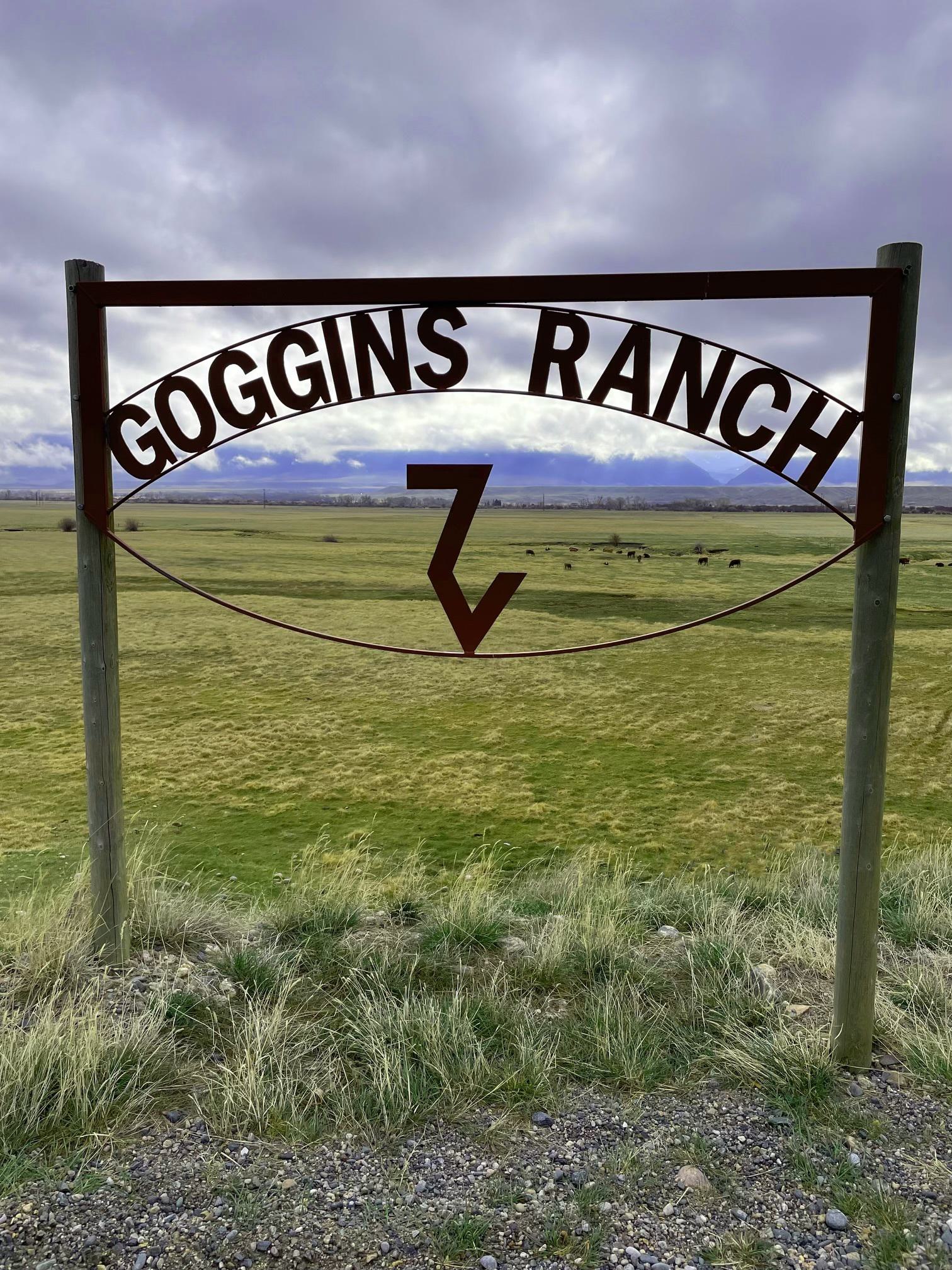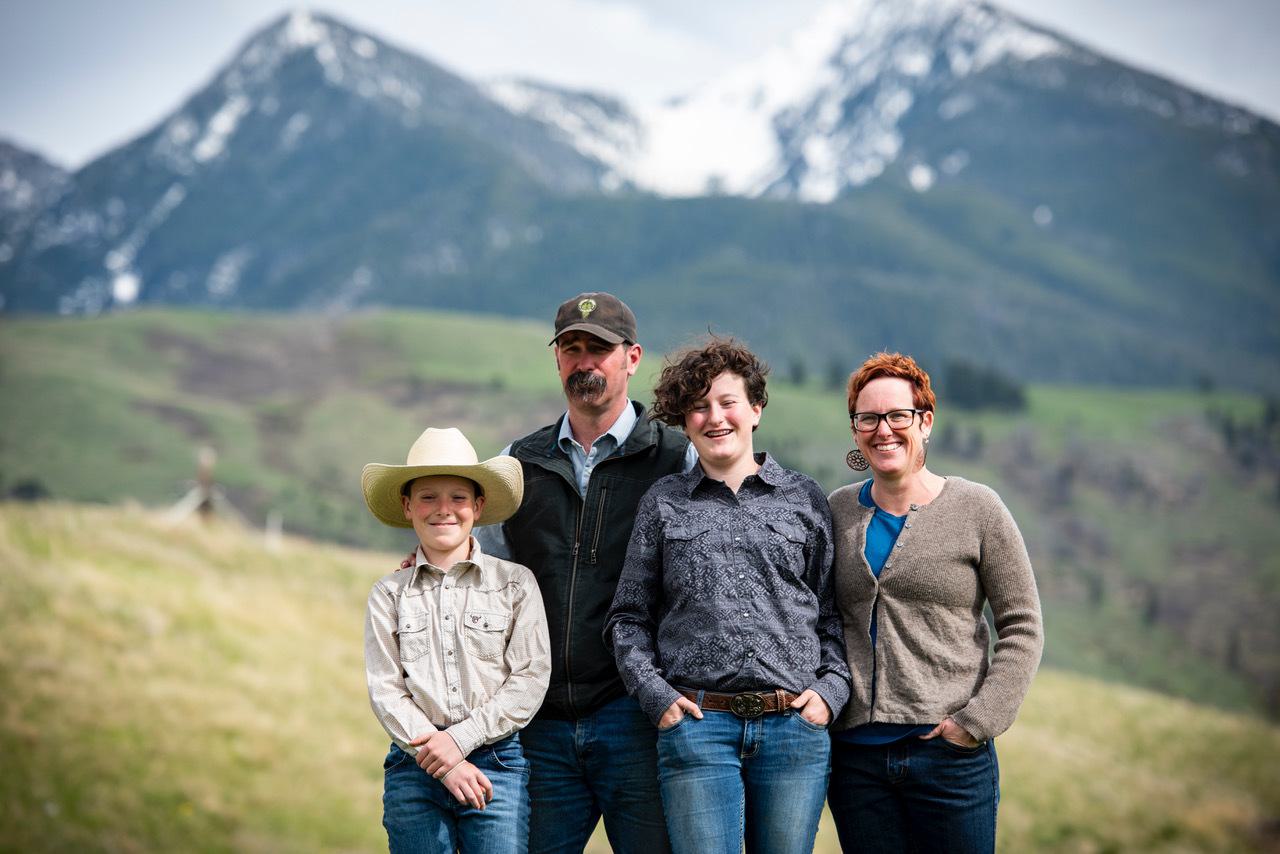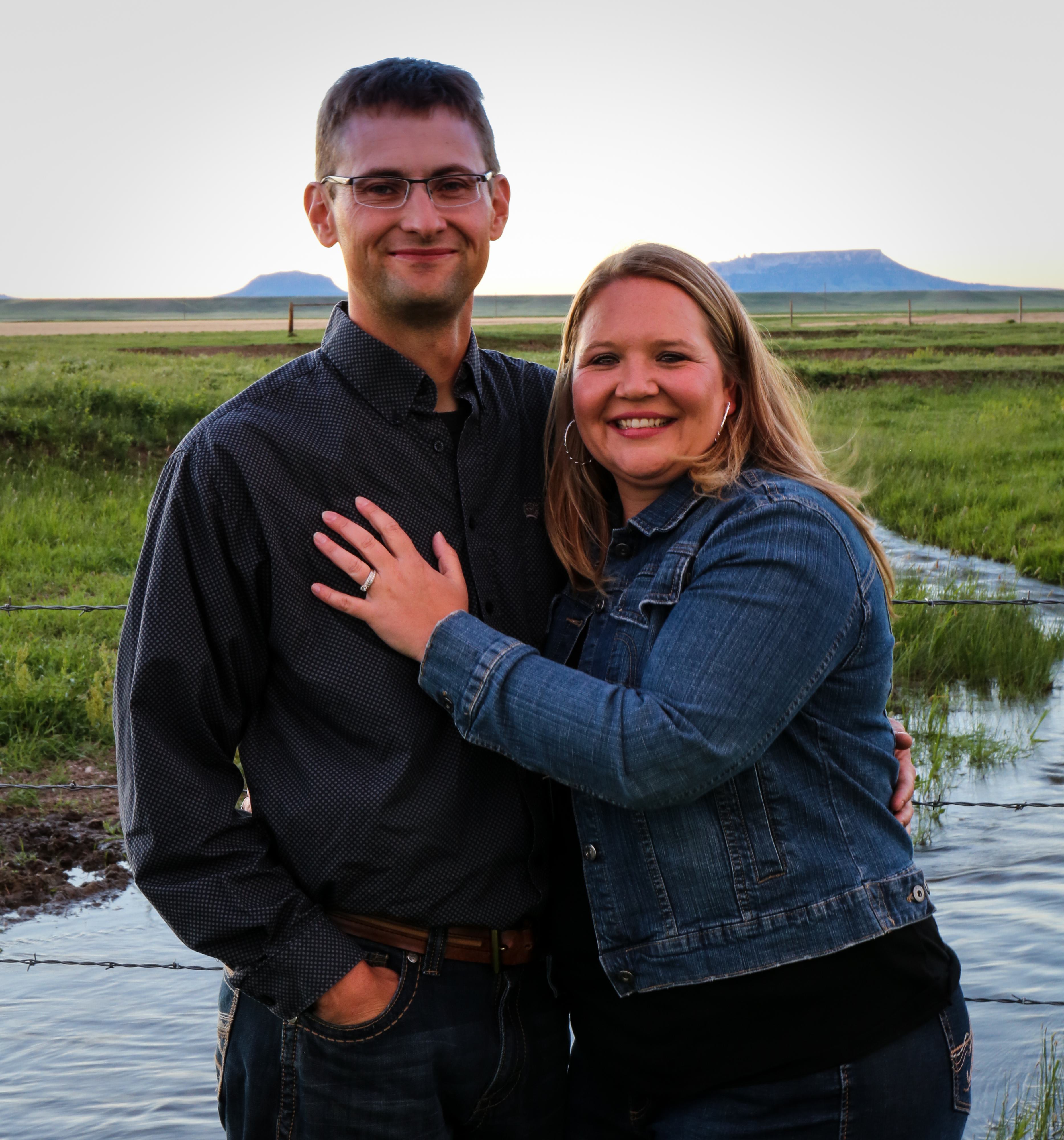Three Finalists Selected for Montana Leopold Conservation Award
May 04, 2022
Three finalists have been selected for the prestigious Montana Leopold Conservation Award®.
Given in honor of renowned conservationist Aldo Leopold, the award recognizes farmers, ranchers, and forestland owners who inspire others with their dedication to land, water and wildlife habitat management on private, working land.
Sand County Foundation and national sponsor American Farmland Trust present the Leopold Conservation Award to private landowners in 24 states for extraordinary achievement in voluntary conservation. In Montana, the $10,000 award is presented with the Montana Department of Natural Resources and Conservation, and the Rangeland Resources Committee.
“For generations, Montana’s farmers and ranchers have been dedicated stewards of our land and water resources,” said Governor Greg Gianforte. “Through the Leopold Conservation Award, we recognize the farmer, rancher, or forested landowner who has set the standard as a caretaker of our working landscapes.”
The finalists are:
- Goggins Ranch of Ennis in Madison County: Goggins Ranch is two properties owned and managed by family members Pat Goggins, Janet Goggins Endecott, and Rachel Endecott. They’ve established a diversity of plant species along the riparian areas of two perennial streams to provide habitat for fish, aquatic and pollinator insect species, migratory birds, and wild game like moose, deer, and bear. They invest in water conservation practices that maximize forage production for their beef cattle, and minimize waste of irrigation water.
- Pete and Meagan Lannan of Livingston in Park County: Regenerative agriculture practices used at the Lannan’s Barney Creek Livestock ranch are improving the soil and building the resiliency of rangeland. Intensive rotational grazing of their beef cattle is designed around being ecologically and economically profitable. Efforts such as fencing off riparian areas are improving water quality while providing quality habitat for wildlife including sandhill cranes, bees and mule deer.
- Kurt and PJ Myllymaki of Stanford in Judith Basin County: The Myllymakis use cover crops to graze their beef cattle and to improve soil health. Wind and water erosion are greatly reduced when soil is continuously covered with a living crop. Having the option to graze cover crops gives their native rangeland pastures more time to rest. Wildlife populations have increased in diversity and numbers with the improved wildlife habitat and winter cover that cover crops and healthy rangeland provide.
Earlier this year, Montana landowners were encouraged to apply (or be nominated) for the award. Applications were reviewed by an independent panel of agricultural and conservation leaders.
The award recipient will be revealed at the Montana Range Tour on August 30. Last year’s recipient was Hidden Hollow Hideaway Cattle and Guest Ranch, owned by the Flynn family of Townsend in Broadwater County.
“These award finalists are examples of how Aldo Leopold’s land ethic is alive and well today. Their dedication to conservation shows how individuals can improve the health of the land while producing food and fiber,” said Kevin McAleese, Sand County Foundation President and CEO.
“As the national sponsor for Sand County Foundation’s Leopold Conservation Award, American Farmland Trust celebrates the hard work and dedication of the Montana award finalists,” said John Piotti, AFT President and Chief Executive Officer. “At AFT we believe that conservation in agriculture requires a focus on the land, the practices and the people and this award recognizes the integral role of all three.”
The Montana Leopold Conservation Award is made possible through the generous support of American Farmland Trust, Montana Department of Natural Resources and Conservation, Rangeland Resources Committee, Sand County Foundation, Sibanye-Stillwater, TC Energy, Northwest Farm Credit Services, USDA Natural Resources Conservation Service, C Lazy J Livestock Inc., Ducks Unlimited, Grazing Lands Conservation Initiative, McDonald’s, Montana Farm Bureau Federation, Ranchers Stewardship Alliance, Soil and Water Conservation Society, and World Wildlife Fund.
In his influential 1949 book, A Sand County Almanac, Leopold called for an ethical relationship between people and the land they own and manage, which he called “an evolutionary possibility and an ecological necessity.”
For more information on the award, visit www.leopoldconservationaward.org.

Goggins Ranch of Ennis in Madison County

Pete and Meagan Lannan of Livingston in Park County

Kurt and PJ Myllymaki of Stanford in Judith Basin County
LEOPOLD CONSERVATION AWARD PROGRAM is a competitive award that recognizes landowner achievement in voluntary conservation. Sand County Foundation presents the award in California, Colorado, Iowa, Kansas, Kentucky, Maryland, Missouri, Montana, Nebraska, New Mexico, New York, North Dakota, Oklahoma, Pennsylvania, South Dakota, Texas, Utah, Wisconsin, and in New England (Connecticut, Maine, Massachusetts, New Hampshire, Rhode Island and Vermont). www.leopoldconservationaward.org
SAND COUNTY FOUNDATION inspires and empowers a growing number of private landowners to ethically manage natural resources in their care, so future generations have clean and abundant water, healthy soil to support agriculture and forestry, plentiful habitat for wildlife and opportunities for outdoor recreation. www.sandcountyfoundation.org
AMERICAN FARMLAND TRUST is the only national organization that takes a holistic approach to agriculture, focusing on the land itself, the agricultural practices used on that land, and the farmers and ranchers who do the work. AFT launched the conservation agriculture movement and continues to raise public awareness through its No Farms, No Food message. Since its founding in 1980, AFT has helped permanently protect over 6.5 million acres of agricultural lands, advanced environmentally sound farming practices on millions of additional acres, and supported thousands of farm families. www.farmland.org